Lovely Limitations . solo show 2023
26/10 - 17/12 | solo showMulier Mulier gallery | Sint Jorisstraat 10 | Brussels (BE)
opening Thursday 26 October 5 - 10 pm
inaugural speech by Dirk de Wachter at 8 pm.
In late 2008, I was in Queretaro, Mexico, for an exhibition and some guest lectures at the Academy of Art. During that period, I was engaged in the long-term project, ‘Growing Care’, in which I explored the question of how citizens of big cities share public space with each other. I did this by photographing in different urban spaces those little green gardens that private individuals provide in front of their houses and shops.
With that in mind, I looked for the greenery on the streets of Queretaro, but found nothing. I did come across fascinating delimitations: doors, gates and windows, made of lacy iron, a typical influence of the Spanish. Behind those fences were manicured courtyards filled with plants.
Fascinated by their beauty, I started photographing them systematically and thinking about the concept of the boundary.
Meanwhile, the crisis in Greece, already lasting a decade, absorbed my attention. But I continued photographing the graceful boundaries of houses.
In the rapidly changing world of the recent past, my interest in the concept of the boundary/ limit/ orio became more and more urgent. While some build walls to stop the flow of refugees, others propagate giving up all borders. As a human being, I need to learn to set my own boundaries and, in fact, I also need a private domain to function.
For some time now, I have been trying to find a position against the overflow of information coming at me through the daily press. I tend to block out world news.
In economist/ecologist Giorgos Kallis’s book Limits: Why Malthus Was Wrong and Why Environmentalists Should Care I found fascinating thoughts on the possibility of revaluing moderation, as once pursued by the ancient Greeks and other civilisations.
From this book, I borrowed a phrase to create the work ‘Civilisation’. ‘Civilisation is the art of limiting the unlimited’, is scratched on ceramic shards, a deeply familiar image to Greeks. Numerous shards were found near the ancient Agora in central Athens, on which names of famous and less famous Greeks had been scratched. They are a kind of ballot papers of antiquity. The Athenians wrote on them the name of the person who, in their opinion, was beginning to gain too much power, resulting in his being banned from the city for two years. Although those exiled received no further sanctions and were allowed to return after two years, many sages such as Themistocles and Perikles fell victim to it. This use of ‘ostracism’ as it was called, did not last long and was not uncontroversial. But it is the democratic attempt to limit power that fascinates me.
Maria Ikonomopoulou
Rotterdam, October 2023
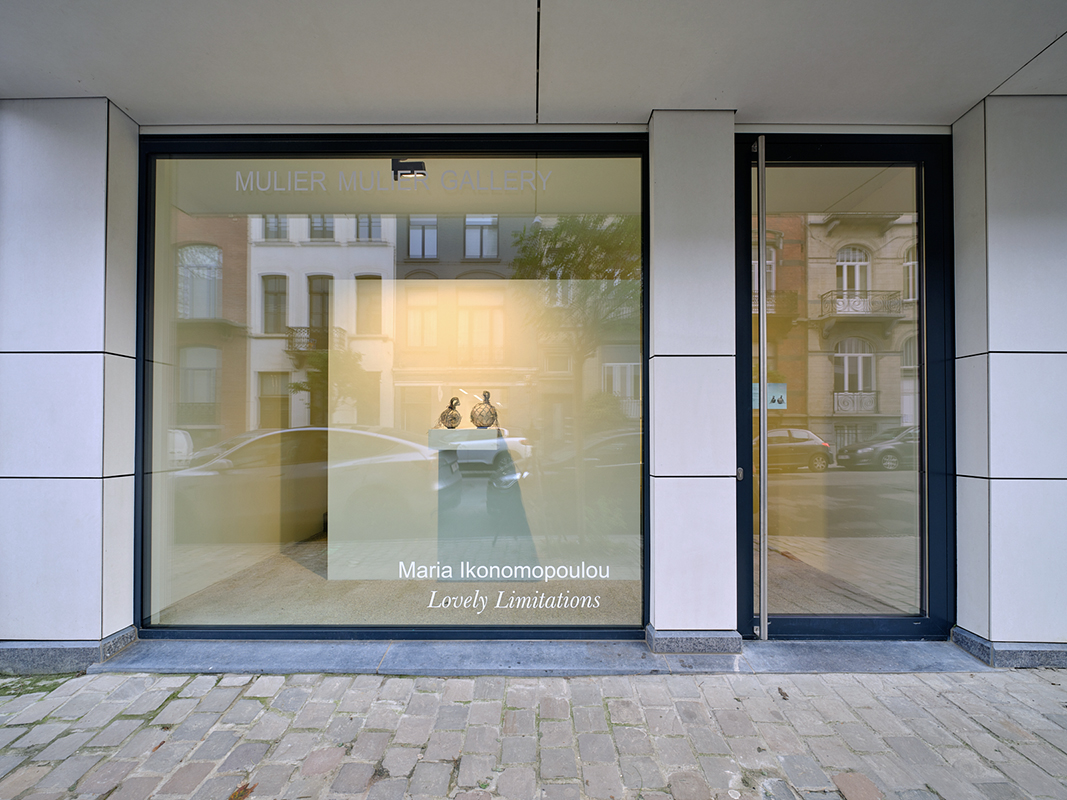 ©photo:studiohanswilschut
©photo:studiohanswilschut
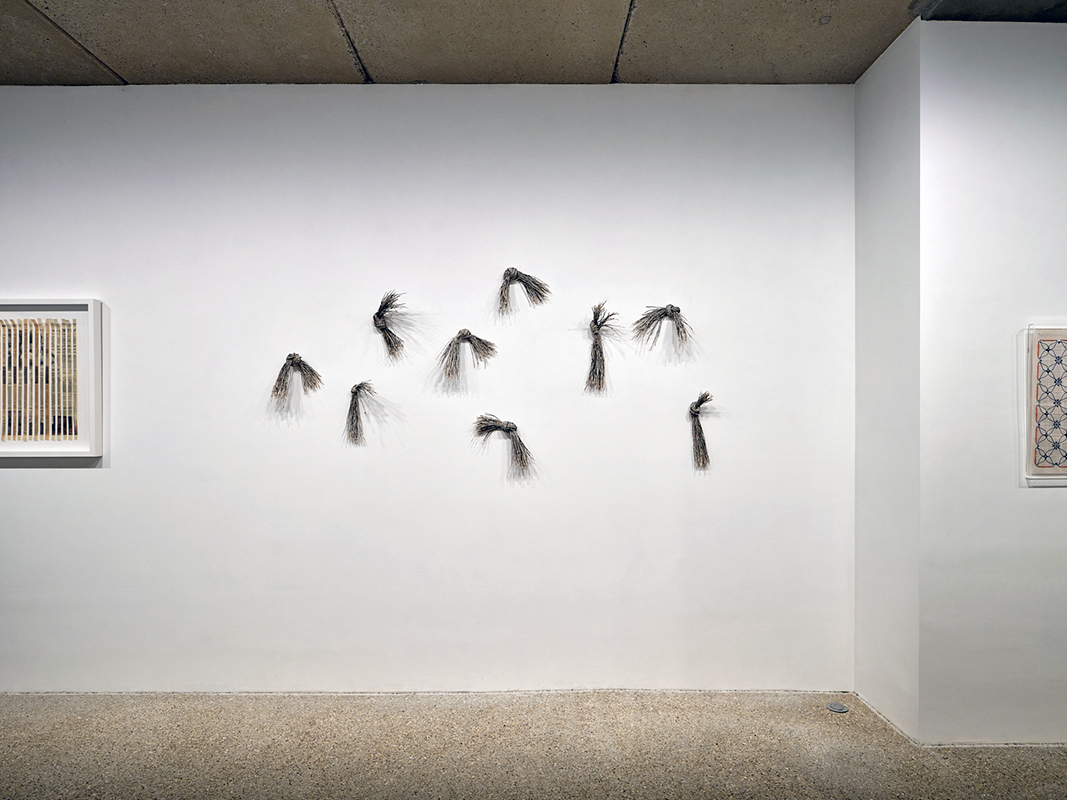 ©photo:studiohanswilschut
©photo:studiohanswilschut
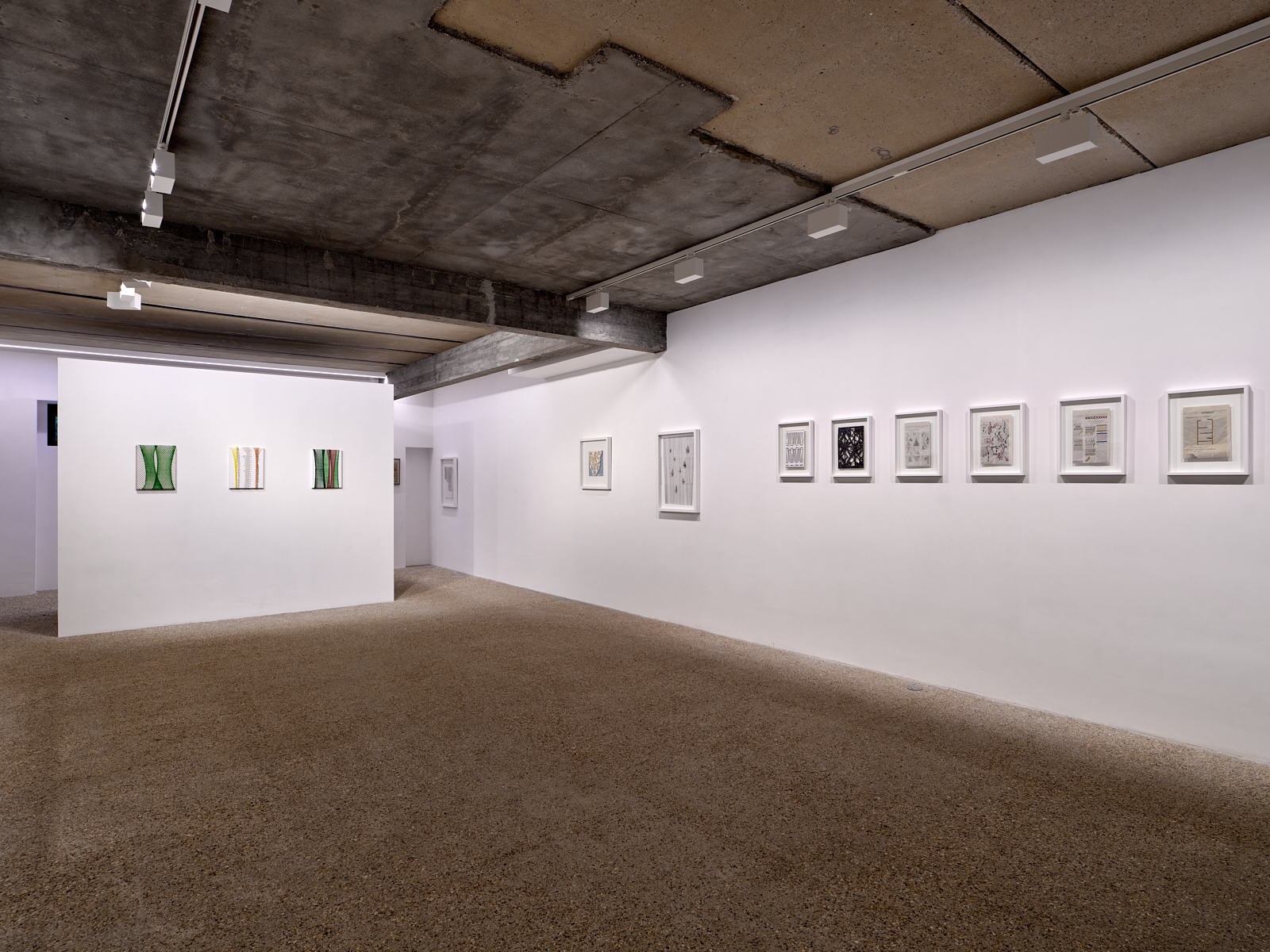 ©photo:studiohanswilschut
©photo:studiohanswilschut
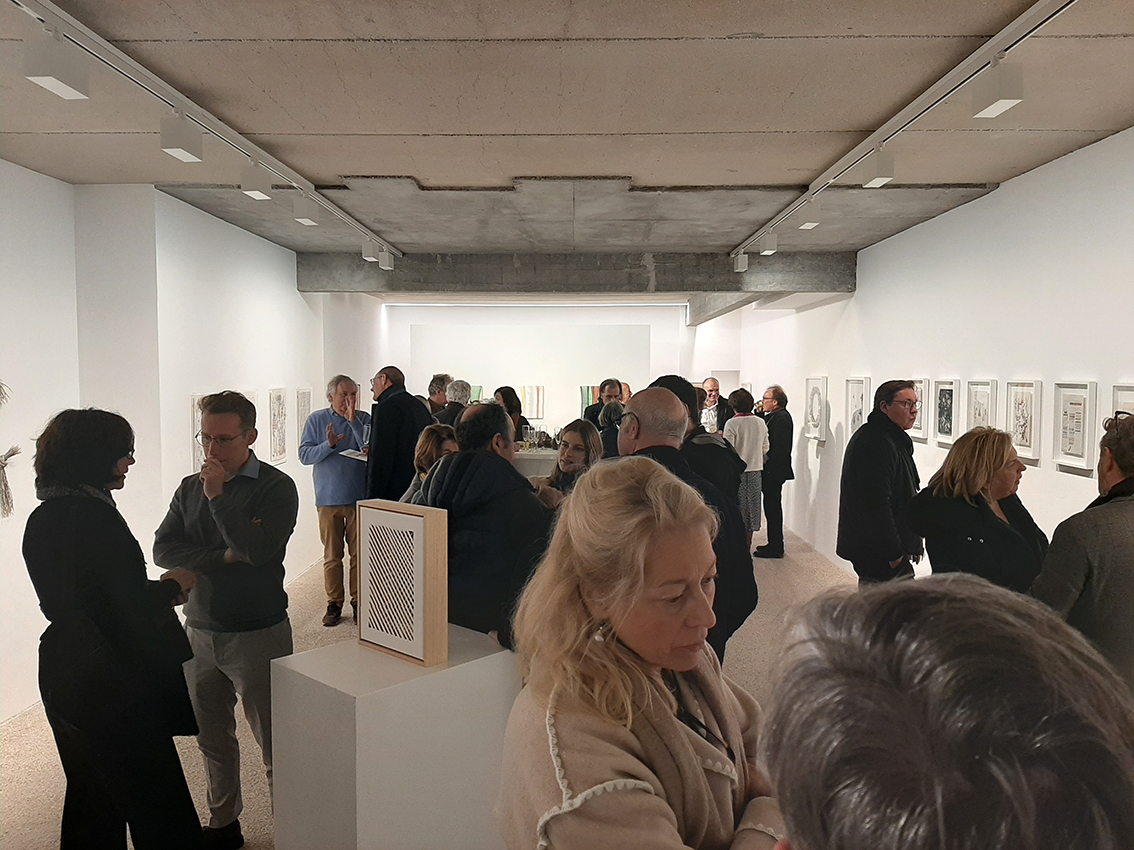
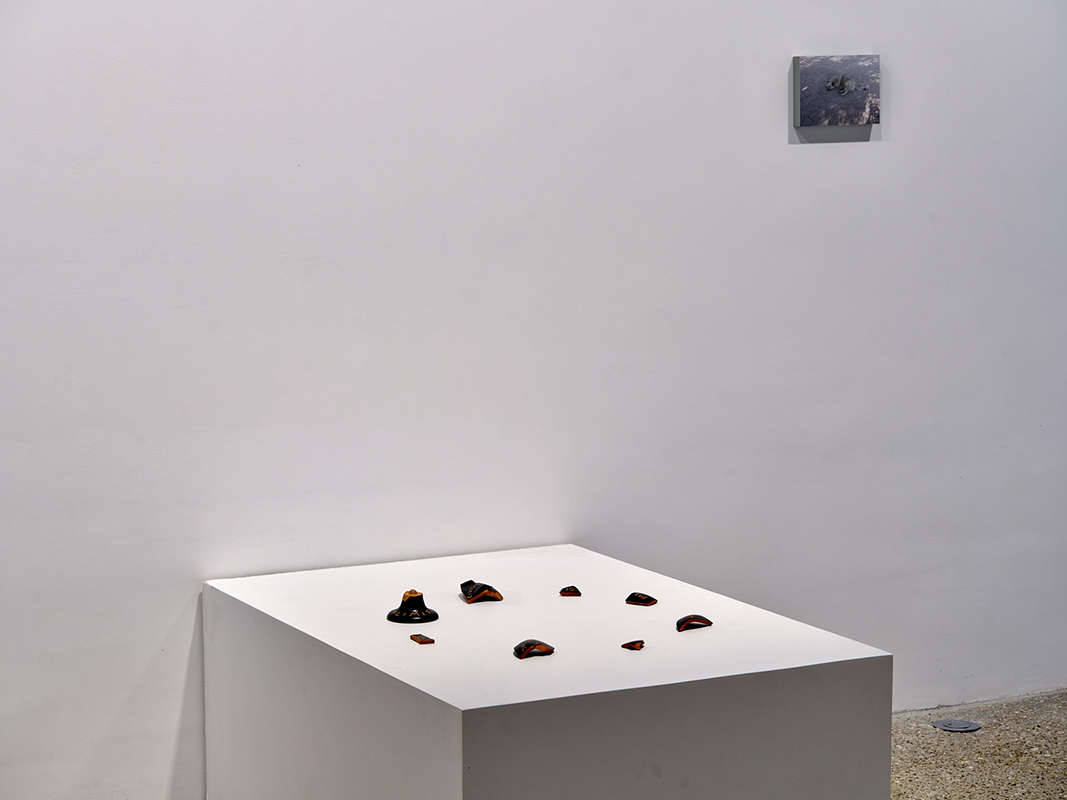 ©photo:studiohanswilschut
©photo:studiohanswilschut
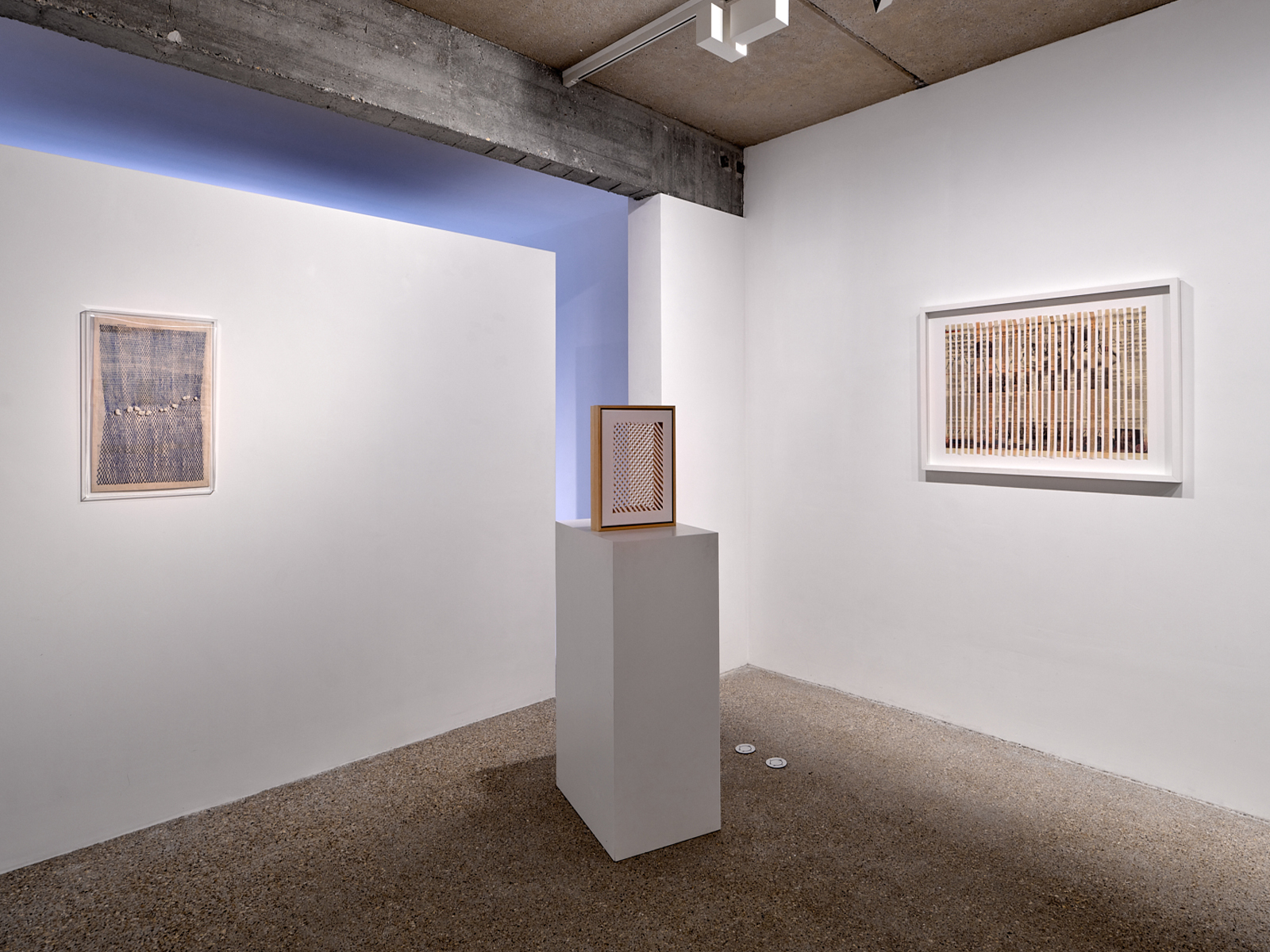 ©photo:studiohanswilschut
©photo:studiohanswilschut
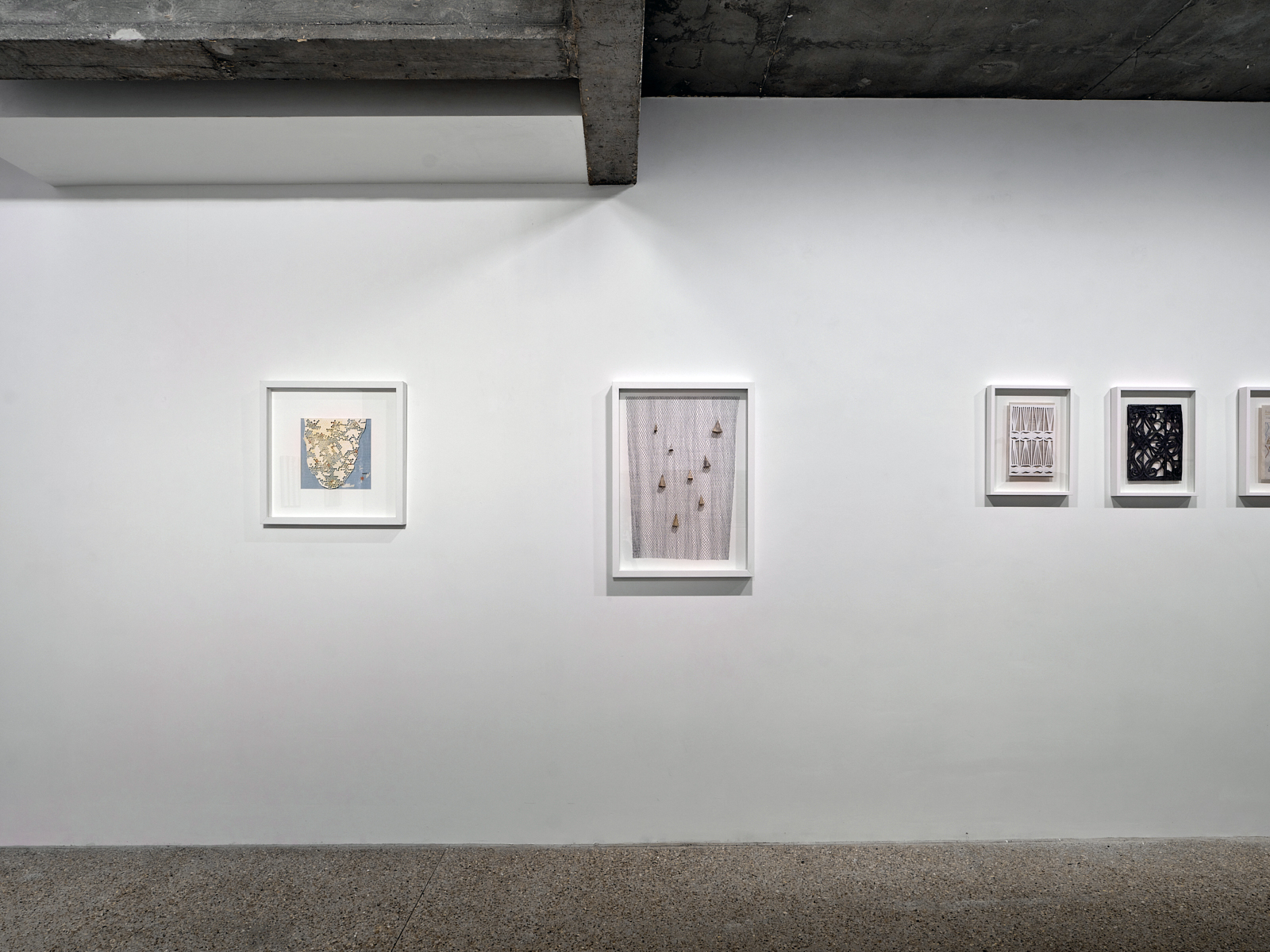 ©photo:studiohanswilschut
©photo:studiohanswilschut






